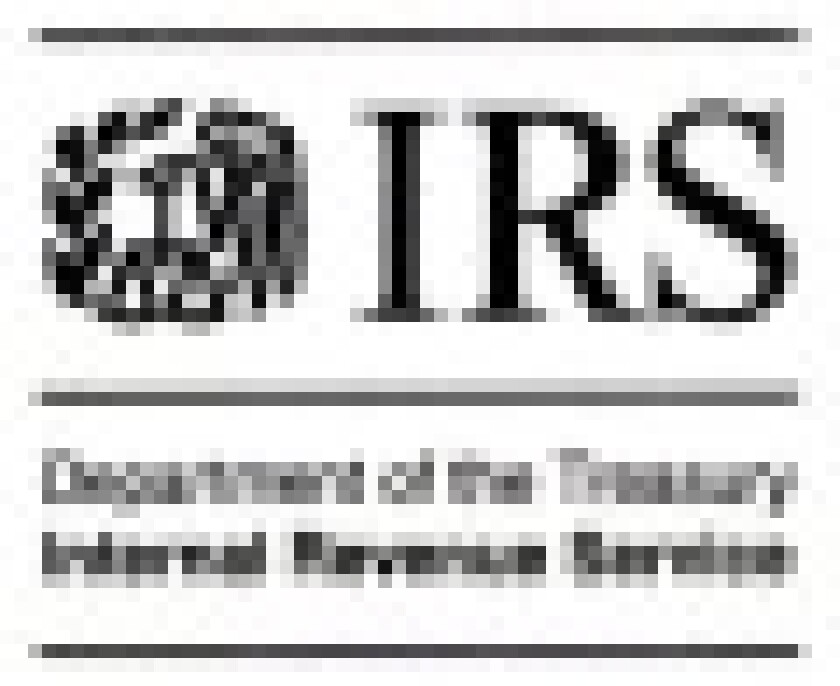The council is supposed to come up with insights in key areas of tax administration and suggestions for improving them. The 2013 report from IRSAC, for example, suggested that a formal system of risk assessment could work in the US. The council is made up of individual taxpayers, tax and payroll professionals, small and large businesses, and academia.
The new members are:
Tim McCormally, former executive director of Tax Executives’ Institute (TEI), the largest association of in-house tax professionals in the world, who is now a director in KPMG’s Washington National Tax practice.
Cheri Freeh, the principal owner of accounting firm Hutchinson, Gillahan & Freeh in Quakertown, Pennslyvania, who specialises in accounting for privately held businesses, non-profit organisations, local governments, estates, trusts and individuals.
Helen Karakash, the payroll director for Republic Services, a waste management company, in Phoenix, Arizona.
Robert Bader, the director of tax operations for the Baltimore CASH Campaign in Baltimore, Maryland, which offers tax preparation services to low-income families.
Jennifer MacMillan, the owner of Jennifer MacMillan, EA, in Santa Barbara, California, which specialises in representation services, which includes audit, collections, appeals, compliance issues and individual income tax preparation and planning.
Ronald Aucutt, a partner with law firm McGuireWoods in Tysons Corner, Virginia, where he focuses on include corporate reorganisations, the investment tax credit, tax-exempt financing, TEFRA (Tax Equity and Fiscal Responsibility Act) partnership audits and tax treatment on inventories, as well as tax-exempt organisations, estate and gift taxes and the income taxation of estates and trusts.
Paul O’Connor, vice president and head of US tax for EMD Millipore, which does bioscience research, chemical and pharmaceutical production, is IRSAC’s chairman for 2014. He was the international president of TEI in 2010-2011.










